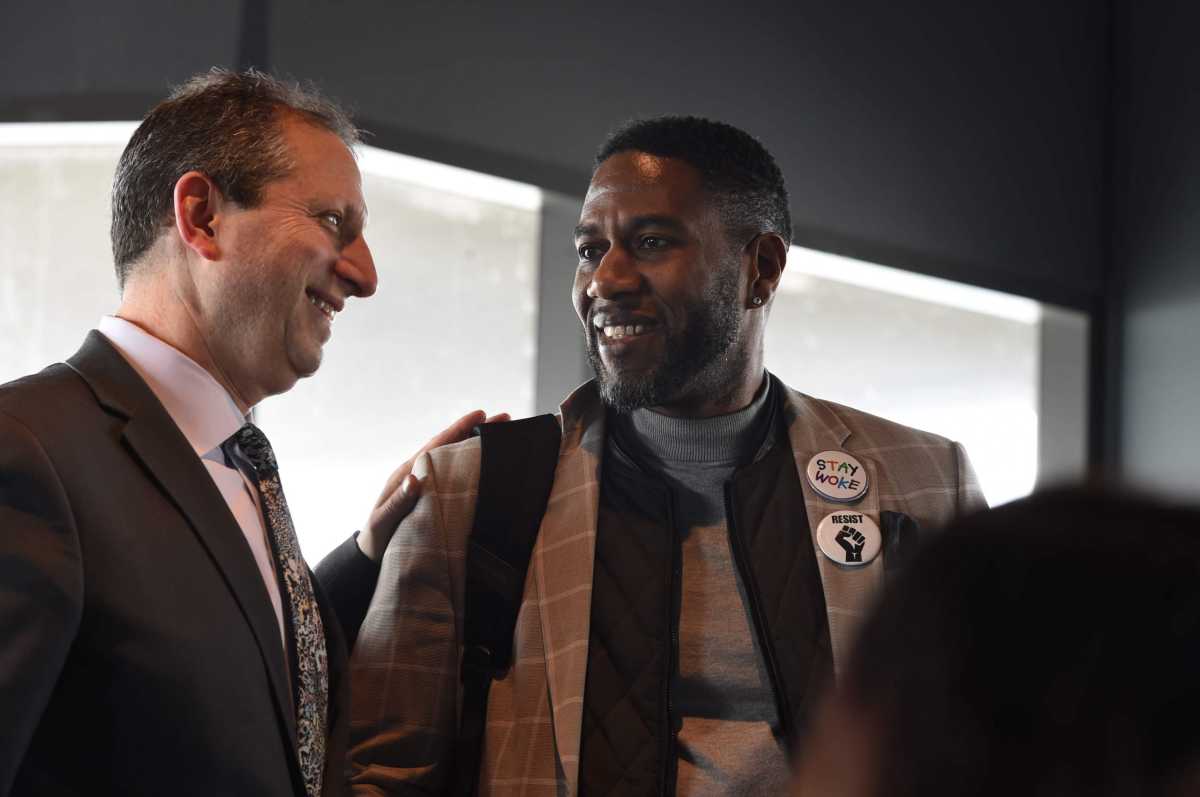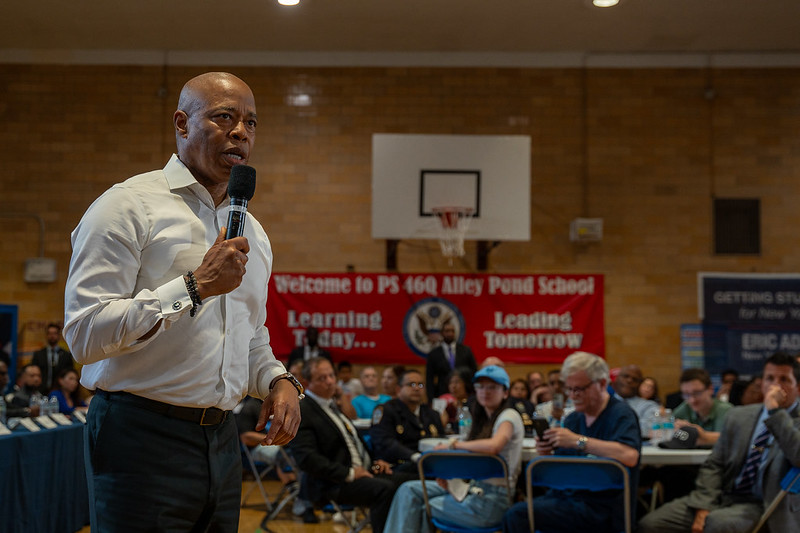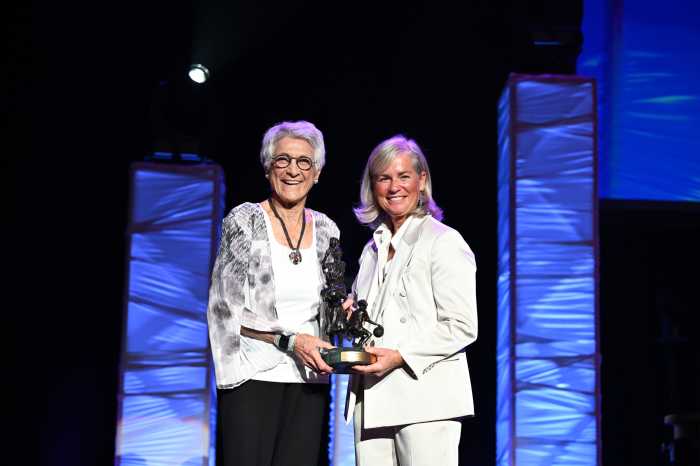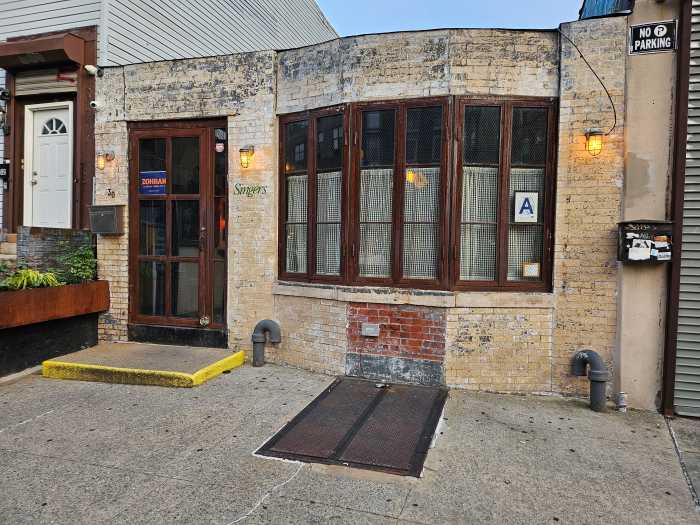It was the first dry run using Zoom Conferencing and it went off fine for New York City criminal justice reform advocates — with a few exceptions.
Leaders say despite some minor difficulties, the realities of the coronavirus and avoiding having large groups together for news conferences made the new type of conferencing important.
The advocates, led by Public Advocate Jumaane Williams and Councilman Brad Lander, held the conference to call upon Mayor Bill de Blasio and the NYPD to suspend so called “broken windows” policing in which officers crack down on quality-of-life offenses and low-level crimes.
Williams maintains that these arrests disproportionately impact people of color and the poor — and should be stopped because of the coronavirus outbreak to reduce the strain on the criminal justice system.
He and Lander also maintained that low-level “victimless” crimes should not be prosecuted because “nobody was harmed.” Williams said many of these crimes that he would not specify, were committed by people who may have been desperate for money.
Williams is also seeking the release of many people from Rikers Island who are age 50 and older because of their higher risk of developing coronavirus in a more virulent way.
When asked about what felonies would qualify for this, they did not say. It was also unclear how broken windows may be impacting the numbers of people jailed as most class B felony crimes are no longer jailed, but instead issued desk appearance tickets. Some of those crimes may include grand theft auto, burglary, and robbery in the third degree (when property is taken by force without a weapon).
Williams and advocates also called for elimination of DAT’s in light of the virus, saying it just puts pressure on people who need to make a living and be with their families. Advocates would not say what crimes they were referring to that should be “excused.”
Advocates also seek to get police to cease executing summons and bench warrants during the COVID-19 crisis. They say the NYPD should not use “the fact that people are home to execute old warrants for long outstanding minor offenses.
Williams said it was bad timing for the State Legislature to be deciding whether to scale back criminal justice reforms, saying it has only been a few months since they started. However, NYPD officials have said on several occasions that some people continue to commit the same crimes after being released.
The police unions have been highly critical of some of the reforms, some officials complaining that officers are re-arresting the same people for the same crimes over and over.
Last month, NYPD Commissioner Dermot Shea said 143 people released with DAT committed 230 felonies in New York City in one month. Police officials also revealed that people committing burglaries who were released with DAT’s, were committing new crimes despite the summons and were sometimes responsible for numerous crimes after the initial arrest and release.
Even de Blasio, a proponent of criminal justice reform, said there needed to be some changes to the bail reform law, with possibly more discretion given to judges to hold recidivist criminals in jail to prevent them from continue their crimes.
Advocates took the mayor to task for seeking changes, with Williams saying, “It’s too early to say whether the reforms are working.”



































